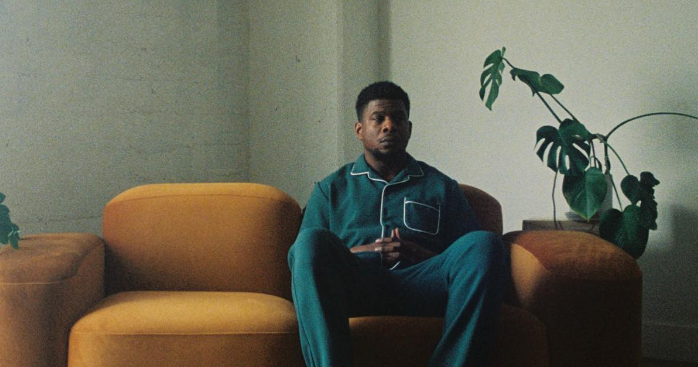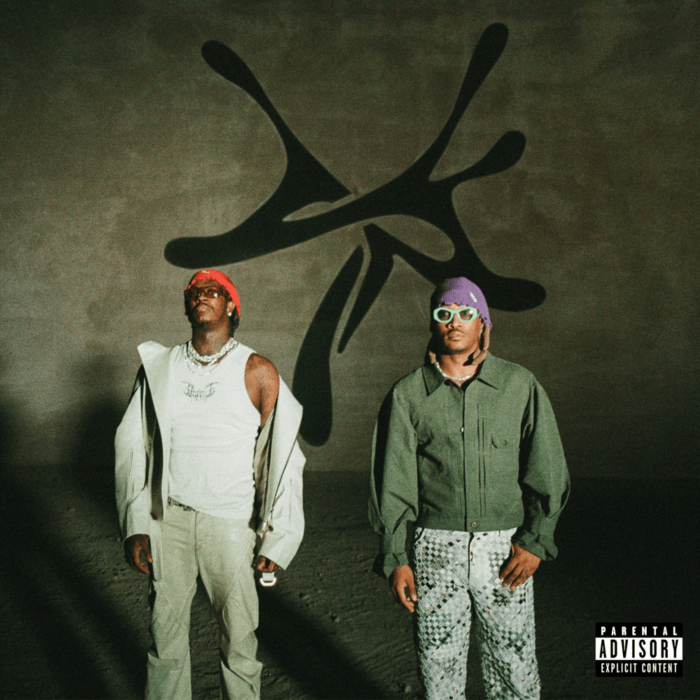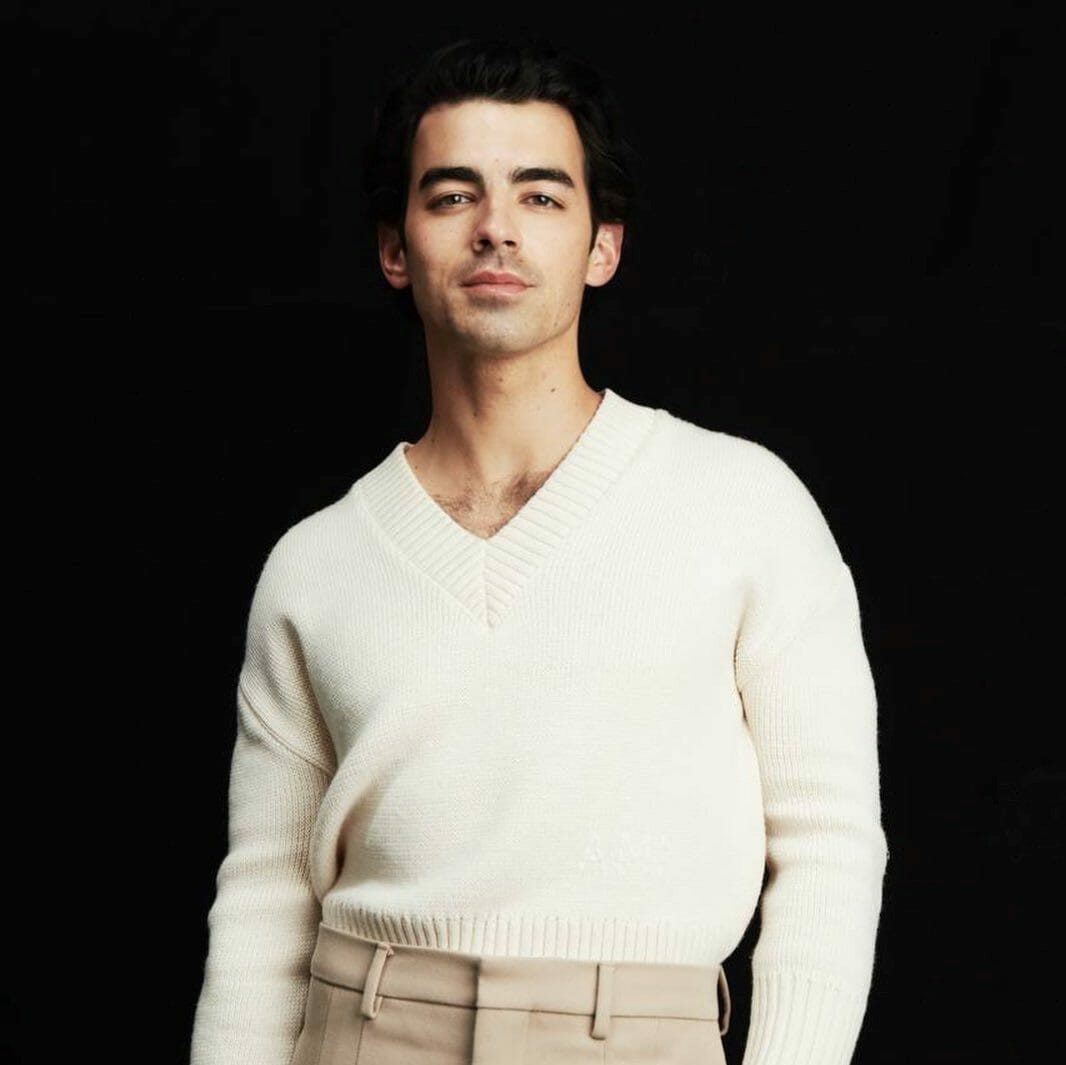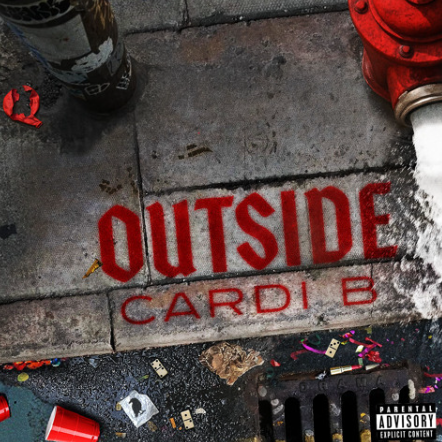In the same vein as Kendrick Lamar’s now-iconic and suddenly ultra-relevant lyric, “Critics wanna mention how they miss when hip-hop was rappin’ / M*****f**** if you did, then Killer Mike’d be platinum,” naysayers towards the current state of the genre overlook a swath of artists very much still penning verses with the utmost intention. Mick Jenkins may not be in the spotlight, hell, he may not even want to be, but you’ll be hard-pressed to find many artists as conscientious and considered as the Chicago MC.
As far as origin stories, there are few that feature shoulder brushing with as many notable names as Jenkins’. He is an alumnus of the 2010s Chicago scene that birthed artists like Vic Mensa, Chance the Rapper, Saba and Noname. While his various rap groups and endeavors during that period are certainly deserving of mention if only for telling a complete story, he didn’t make waves until striking out on his own. Through a series of mixtapes, he began to express and iterate on the jazzy, chilled-out concepts that marked his true early career, gaining a bit of online buzz with his third, Trees and Truths.
However, the true breakout for him came with The Water(s) in 2015. It’s a true case of the chicken or the egg on the project, as it’s a real question whether the serious talent he enlisted on the project (Statik Selektah, DJ Dahi, Joey Badass, Kirk Knight, the aforementioned Noname) made a mainstream introduction more seamless, or if those folks caught onto an inevitable success a few steps early.
The Water(s) Marks A True Mick Jenkins Breakout
Regardless, while not fully formed on the mic just yet, The Water(s) showcased a litany of Mick Jenkins’ talents that’d become selling points and calling cards as the years went on. On a track like the aptly named “Jazz,” the Chicago rapper weaves with a half-interested cadence and full-throated wit. “F*** I look like followin’ your footsteps / Don’t fumble, ’cause this ain’t Sunday football I ain’t home with a footrest,” he spits in the opening verse, before a star-studded chorus of name drops in the outro: “That Coltrane, that Charlie Parker / That Charles Mingus, that Frank Sinatra.”
A track later, on “Black Sheep,” more cutting lyrics and rhyme schemes end the song, “At least peep the potency / And profess a n**** artistry openly / Black sheep, but I know you see the GOAT in me.” As the reverb tail on his vocal ends, it gives way to a televised James Baldwin special from 1962 at the height of the Civil Rights movement. In the above-linked Complex interview, Jenkins spoke shortly after the release of The Water(s) about the mixed bag that comes by defined as a “socially conscious” rapper. Audiences are “concerned with how you feel as opposed to what the artist is trying to accomplish.” Moreover, the frustrations are summed up best by the artist himself: “I’m just tired of this s***,” Jenkins says. “Tired of the fact that it’s happening, and tired of the fact that I have to sing about it.”

Waves EP & The Healing Component
It wouldn’t be fair nor accurate to say that those initial frustrations on his true come up evaporated. More accurately, they evolved and became bare-faced in his music as time went on. Waves, his follow-up EP to The Water(s), tackled at least the sonic element of his meta-textual attitude towards how he was received. While the jazzy undertones didn’t go away entirely, the material on that short project was far less dense, able to display his on-mic skill amid a more accessible lean. His Rolodex grew, enlisting Donnie Trumpet, Saba and Kaytranada, the lattermost of whom would continue cropping up on Mick Jenkins projects to this day.
If those two early projects represented two separate lanes Mick Jenkins aimed at, his debut album, The Healing Component, squared the circle. In earnest, the story begins with its second single. “Drowning,” written not directly in the wake of but heavily inspired by Eric Gardner’s homicide at the hands of the NYPD, mirrored nationwide chants that marked protests in 2014 with a hook founded upon the line “I can’t breathe.” A six-minute rumination on the topic and its continuing effects, “Drowning” proved a sleeper hit, amassing millions of streams less than a year after its release. Once again bringing Kaytranada into the mix, the album also boasted a repeat appearance from Noname alongside BadBadNotGood, Ravyn Lenae and Monte Booker.
A String Of Heady, Rock-Solid LPs That Followed
Were he not already such after The Water(s), the stretch of Mick Jenkins’ career that took him from post-The Healing Component to the present day established him as one of the central figures in “the underground,” however, that manifests in a streaming-dominated era. Pieces of a Man, The Circus, Elephant In The Room and The Patience all put front and center how Jenkins continues to hone and sharpen his skills. Respectively, “Gwendolyn’s Apprehension,” “Flaunt,” “Truffles” and “Smoke Break Dance” from each of those projects are among the best hip-hop tracks of their release year. The lattermost arrived with a feature from JID, an oft-compared and fantasy-casted collaborator.
In a manner as reserved and stealthy as his public persona, Mick Jenkins has quietly amassed one of the more steadfast and dependable catalogs in hip-hop’s recent memory. You can find all the music mentioned here wherever you stream most.
















